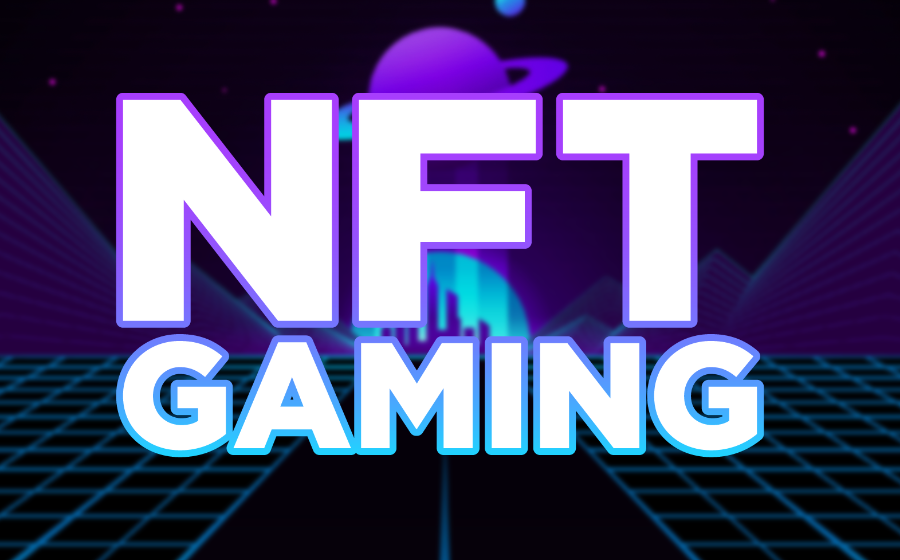NFTs, or non-fungible tokens, are digital assets that represent ownership of a unique item or piece of content, such as artwork, music, or collectibles. NFTs have gained a lot of attention in recent years, and their potential applications extend beyond art and collectibles. One area that is seeing a lot of activity is the intersection of NFTs and gaming. In this article, we’ll explore how NFTs are changing the gaming industry, and why they are a match made in blockchain heaven.
What Are NFTs?
First, let’s start with a quick overview of what NFTs are. As mentioned, NFTs are digital assets that represent ownership of a unique item or piece of content. They are stored on a blockchain, which is a decentralized digital ledger that is resistant to tampering and fraud. NFTs use smart contracts to ensure that ownership and transfer of the asset is recorded and verified on the blockchain.
NFTs and Gaming
Now, let’s take a look at how NFTs are being used in the gaming industry. In gaming, NFTs are used to represent unique in-game items, such as weapons, armor, and other virtual goods. These items can be traded and sold between players, just like physical collectibles.
The use of NFTs in gaming opens up new possibilities for players and game developers. For players, NFTs offer a way to truly own their in-game items, which they can buy, sell, and trade freely. This gives players a new level of control and ownership over their gaming experience, and can also offer the potential for real-world financial gain. For game developers, NFTs offer a new revenue stream, as they can take a cut of the transactions that occur on their platform.
One of the most popular examples of NFTs in gaming is the blockchain-based game Axie Infinity. In Axie Infinity, players collect and breed creatures called Axies, which are represented as NFTs. These NFTs can be bought, sold, and traded on various marketplaces, and their value can fluctuate based on supply and demand. This has created a new economy within the game, and some players have even been able to make a living by buying, selling, and breeding Axies.
Another example is the game Decentraland, which is a virtual world built on the Ethereum blockchain. In Decentraland, players can buy virtual real estate, which is represented as NFTs. These virtual properties can be used to build and create within the game, and they can also be traded and sold on various marketplaces. The use of NFTs in Decentraland has created a new level of ownership and control for players, and has also opened up new revenue streams for the game’s developers.
Why NFTs Are a Match Made in Blockchain Heaven
So why are NFTs and gaming a match made in blockchain heaven? There are a few reasons.
First, NFTs offer a new level of ownership and control for players. In traditional gaming, players don’t truly own the in-game items they acquire. These items can be taken away by the game developer or shut down when the game is no longer supported. With NFTs, players truly own their in-game items, which can be bought, sold, and traded freely. This gives players more control and ownership over their gaming experience.
Second, NFTs offer a new revenue stream for game developers. By taking a cut of the transactions that occur on their platform, game developers can create a new source of income. This can help to fund further development and innovation within the gaming industry.
Overall, intersection of NFTs (non-fungible tokens) and gaming is definitely inevitable. NFTs are digital assets stored on a blockchain that represent ownership of a unique item or piece of content. In gaming, NFTs are used to represent unique in-game items, such as weapons, armor, and other virtual goods, which can be traded and sold between players. This offers a new level of ownership and control for players and a new revenue stream for game developers.
Moreover, the use of NFTs in gaming has created a new economy within games, and players can make a living by buying, selling, and breeding NFT creatures or virtual properties. NFTs and gaming are a match made in blockchain heaven as they offer a new level of ownership and control for players and a new source of income for game developers.



